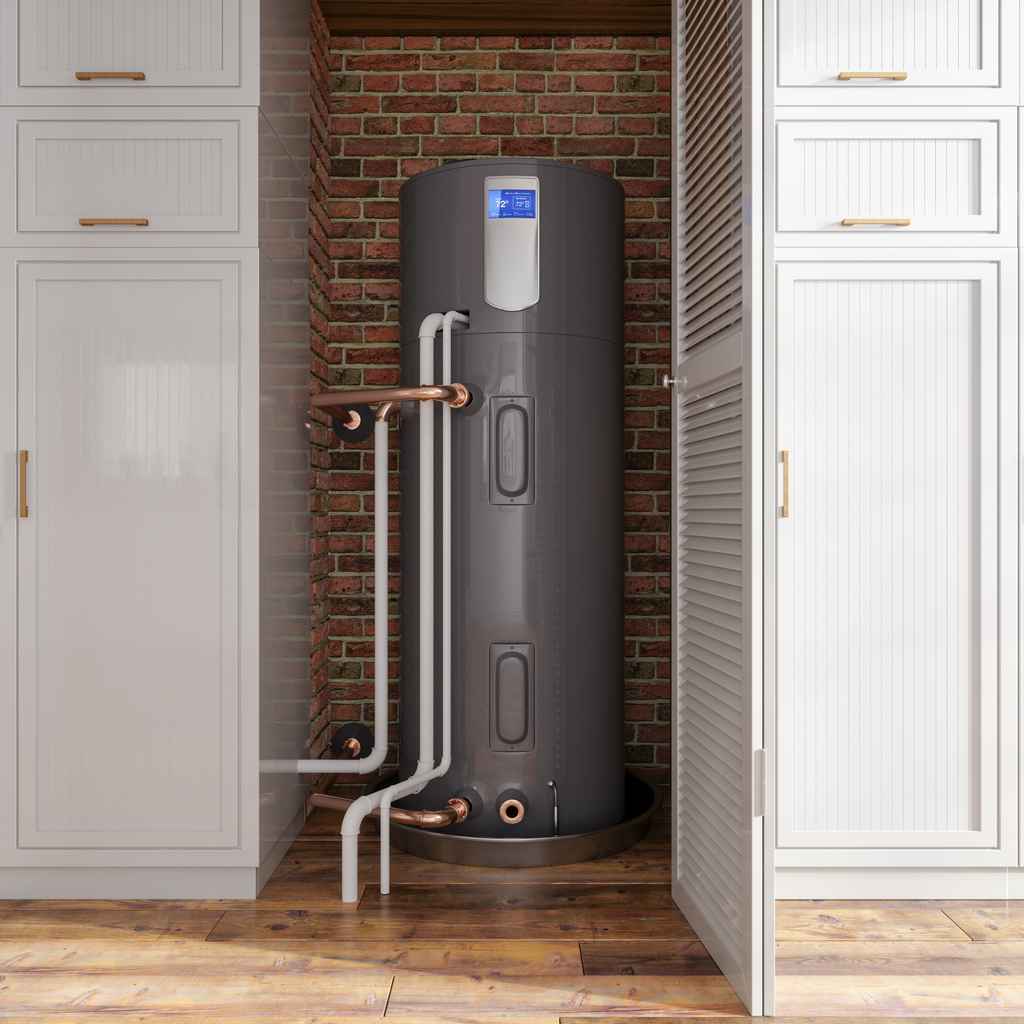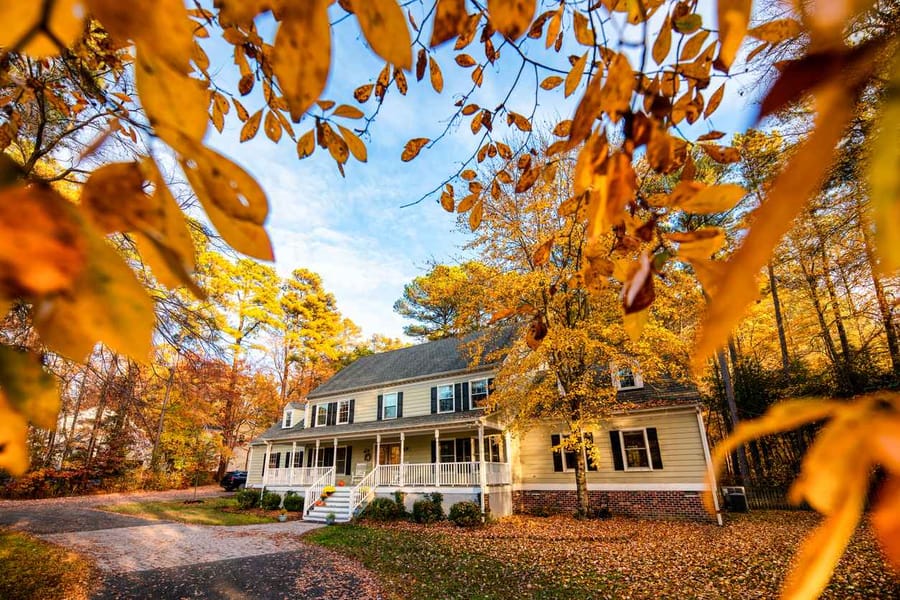
How Richmond’s Aging Homes Create Hidden Plumbing Challenges in Winter
Richmond is known for its historic charm, from early 1900s bungalows to mid century homes that still retain much of their original craftsmanship. While these properties offer unique character, they also come with aging plumbing systems that can struggle during the colder months. As winter temperatures drop, hidden weaknesses that go unnoticed during warmer seasons often begin to surface.
Winter puts added pressure on older pipes, fixtures, and sewer lines. Materials expand and contract, water demand increases, and cold drafts enter crawl spaces and exterior walls. For homeowners in Richmond’s historic neighborhoods, this combination can lead to leaks, frozen pipes, slow drains, and costly repairs if issues are not addressed early.
Understanding how aging homes respond to winter conditions is the first step toward preventing plumbing emergencies. In this guide, we explore the hidden plumbing challenges that winter often exposes, why older homes are especially vulnerable, and how proactive maintenance can protect your property before problems escalate.
How Aging Plumbing Systems Behave in Cold Weather
Older homes in Richmond often contain plumbing systems that were installed decades ago. While these systems may function well during mild weather, winter conditions can reveal hidden vulnerabilities. Cold temperatures affect older materials differently than modern plumbing components, and these changes can lead to sudden leaks, reduced flow, or complete pipe failure if not addressed.
Temperature Drops Cause Older Pipes to Contract
When winter temperatures fall, metal pipes naturally contract. In aging plumbing systems, this movement can strain weakened joints, brittle pipe walls, and corroded sections. Even a small amount of contraction can trigger leaks or pressure fluctuations, especially in pipes located inside uninsulated walls or crawl spaces.
Outdated Materials Are More Prone to Winter Damage
Many Richmond homes still rely on original pipe materials such as galvanized steel, cast iron, or even clay sewer lines. These materials deteriorate over time and become increasingly vulnerable to cold weather issues. As temperatures drop, corrosion, mineral buildup, and thinning pipe walls make cracks and leaks far more likely.
Cold Air Infiltration Exposes Weak Points
Drafts entering crawl spaces, basements, and attics can expose older pipes to cold air that they were never designed to handle. Pipes running along exterior walls or near ventilation gaps are particularly at risk. Without proper insulation, these drafts can cool pipes rapidly and contribute to freezing or bursts.
Older Systems Struggle to Handle Increased Winter Water Demand
Winter often brings higher household water usage as families take longer showers, run dishwashers more frequently, and use hot water for comfort. Older pipes, aging water heaters, and outdated fixtures may struggle to keep up, revealing low pressure, temperature fluctuations, or slow drainage that might not be noticeable during warmer months.
Aging Sewer Lines React Poorly to Cold, Moist Soil
Sewer lines in Richmond are often surrounded by dense, moisture rich soil. During winter, cold temperatures and wet conditions cause soil expansion and contraction, shifting older sewer pipes that are already weakened by age. This can lead to cracks, offsets, or partial blockages that cause gurgling drains and sewer odors inside the home.
Common Hidden Plumbing Challenges in Richmond’s Older Homes
Richmond’s historic homes are full of character, but their aging plumbing systems can create winter surprises that homeowners are not prepared for. Many of these issues stay hidden during warmer months and only reveal themselves when temperatures drop, pipes contract, and water demand increases.
Pipe Freezing in Uninsulated Walls and Crawl Spaces
Older homes often lack proper insulation around plumbing lines. Pipes running through exterior walls, basements, attics, and crawl spaces are especially vulnerable. When cold air enters these areas, water inside the pipes can freeze, creating pressure that leads to cracks or full bursts. Even partial freezing restricts flow and causes unpredictable pressure changes throughout the home.
Cracked or Brittle Pipes from Age and Corrosion
Decades of use take a toll on older plumbing materials. Galvanized steel and cast iron become brittle as they corrode, and small weak points can turn into cracks when winter temperatures fluctuate. Many homeowners notice winter leaks after years of silent corrosion that has been hidden behind walls or flooring.
Slow Drains Caused by Older Cast Iron or Clay Sewer Lines
Richmond neighborhoods built before the 1980s often use cast iron or clay sewer lines. These pipes are prone to:
-
Mineral buildup
-
Rust flakes
-
Root intrusion
-
Small cracks
-
Pipe sagging
Cold weather and shifting soil can worsen these issues, leading to gurgling toilets, slow drains, or sewage odors that tend to show up more often in winter.
Low Water Pressure from Mineral Buildup
Hard water minerals accumulate inside old pipes over time. In winter, pressure fluctuations become more noticeable because water heaters work harder and pipes shrink slightly due to temperature changes. This combination can make already restricted pipes feel significantly worse, causing weak flow in showers, sinks, and appliances.
Leaky Fixtures and Connections That Fail During Cold Snaps
Fixtures in aging homes may have old washers, worn seals, or loose connections that become brittle in cold conditions. Even small temperature changes can cause these parts to contract or crack, leading to drips, leaks, or sudden failures that are easy to miss until puddles or water stains appear.
Preventive Steps to Protect Your Richmond Home
While Richmond’s older homes are more vulnerable to winter plumbing issues, proactive maintenance can dramatically reduce the risk of costly damage. By strengthening your home’s plumbing system before cold weather arrives, you can prevent hidden leaks, frozen pipes, sewer issues, and unexpected breakdowns.
Insulating Exposed Pipes
Pipes in crawl spaces, basements, attics, and exterior walls lose heat quickly. Installing pipe insulation helps maintain water temperature and prevents freezing during cold snaps. Foam sleeves, heat tape, and insulation wraps are all effective options for older homes with exposed plumbing.
Sealing Crawl Space Drafts
Drafts entering through vents, gaps, or damaged insulation allow cold air to settle around pipes. Sealing drafts with foam board, weather stripping, or crawl space encapsulation prevents cold air from reaching vulnerable lines and reduces the chance of pipes freezing or cracking.
Installing Low Temperature Shutoff Valves
Freeze protection devices automatically shut off your home’s water supply if temperatures get dangerously low around pipes. These valves minimize damage by preventing pressure buildup that can cause a burst pipe. They are especially valuable in older Richmond homes with uninsulated plumbing.
Scheduling a Winter Plumbing Inspection
A professional winter inspection can reveal hidden problems that homeowners may miss, such as:
-
Small leaks inside walls
-
Early signs of corrosion
-
Failing fixtures
-
Root intrusion in sewer lines
-
Poor water pressure caused by buildup
Early detection helps prevent larger repairs later in the season.
Upgrading Outdated Pipe Materials
Replacing old galvanized or cast iron pipes with modern materials such as copper or PEX significantly reduces winter plumbing risks. Modern pipes resist freezing, corrosion, and pressure fluctuations more effectively, making them a smart long term investment for older homes.
Protecting Outdoor Fixtures and Hose Bibs
Unprotected outdoor faucets are common sources of winter leaks. Adding insulated faucet covers and shutting off water supply lines to outdoor spigots can prevent freezing and minimize strain on the rest of the plumbing system.
Protect Your Richmond Home Before Winter Plumbing Problems Strike
Richmond’s older homes offer charm and history, but they also contain aging plumbing systems that become especially vulnerable during the winter months. Cold air, fluctuating temperatures, and increased seasonal water use expose hidden weaknesses that may go unnoticed until a leak, clog, or freeze turns into a costly repair.
By taking preventive steps such as insulating pipes, sealing drafts, and scheduling a professional winter inspection, you can protect your home from the most common cold weather plumbing issues. Addressing these concerns early not only prevents damage but also improves efficiency, reduces water waste, and helps avoid emergency calls during the coldest days of the year.
For expert support tailored to the needs of Richmond’s historic homes, contact SoGood Plumbing, Heating and Air. Our team specializes in diagnosing hidden plumbing challenges, upgrading outdated systems, and providing reliable winter maintenance that keeps your home safe and comfortable all season long.
Recent News
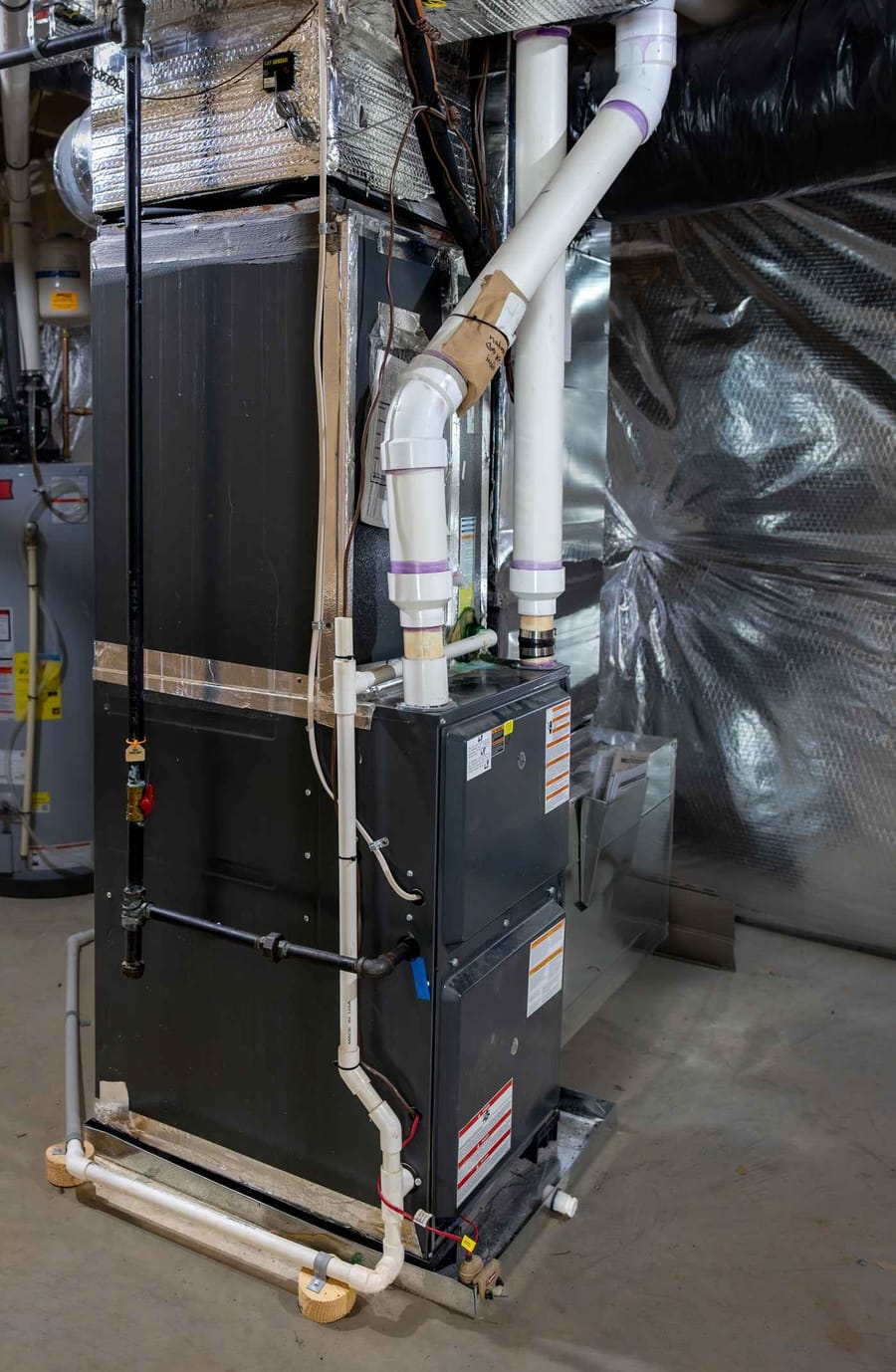
When to Replace Your Furnace vs Repair: Central Virginia Edition
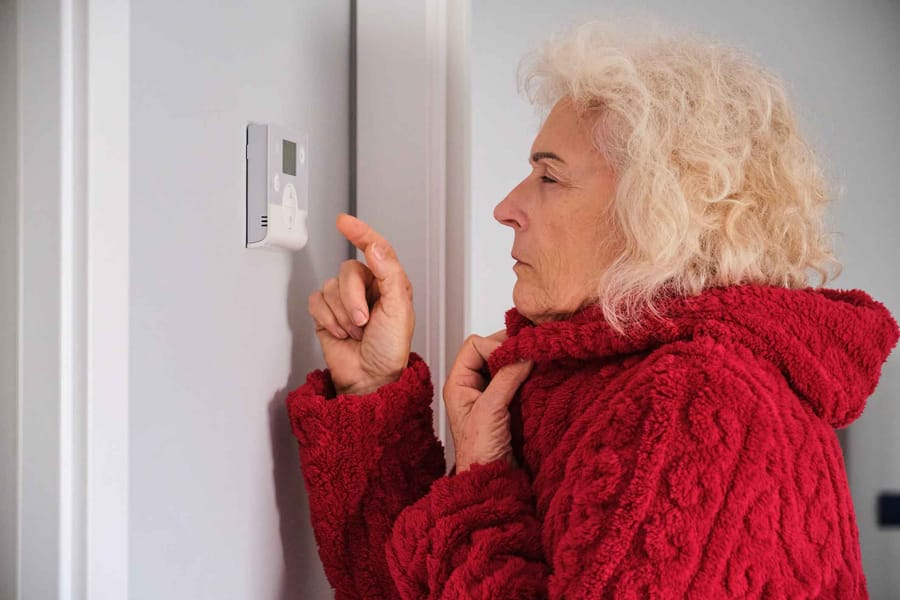
Why Sudden Cold Spells in Central Virginia Overwork Heating Systems
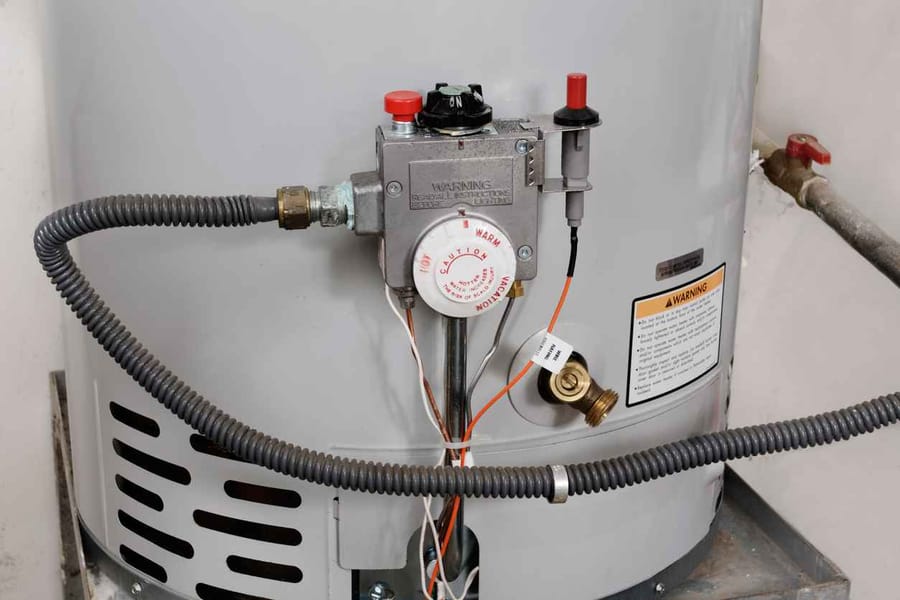
Is It Time to Replace Your Water Heater? 6 Signs RVA Homeowners Shouldn’t Ignore
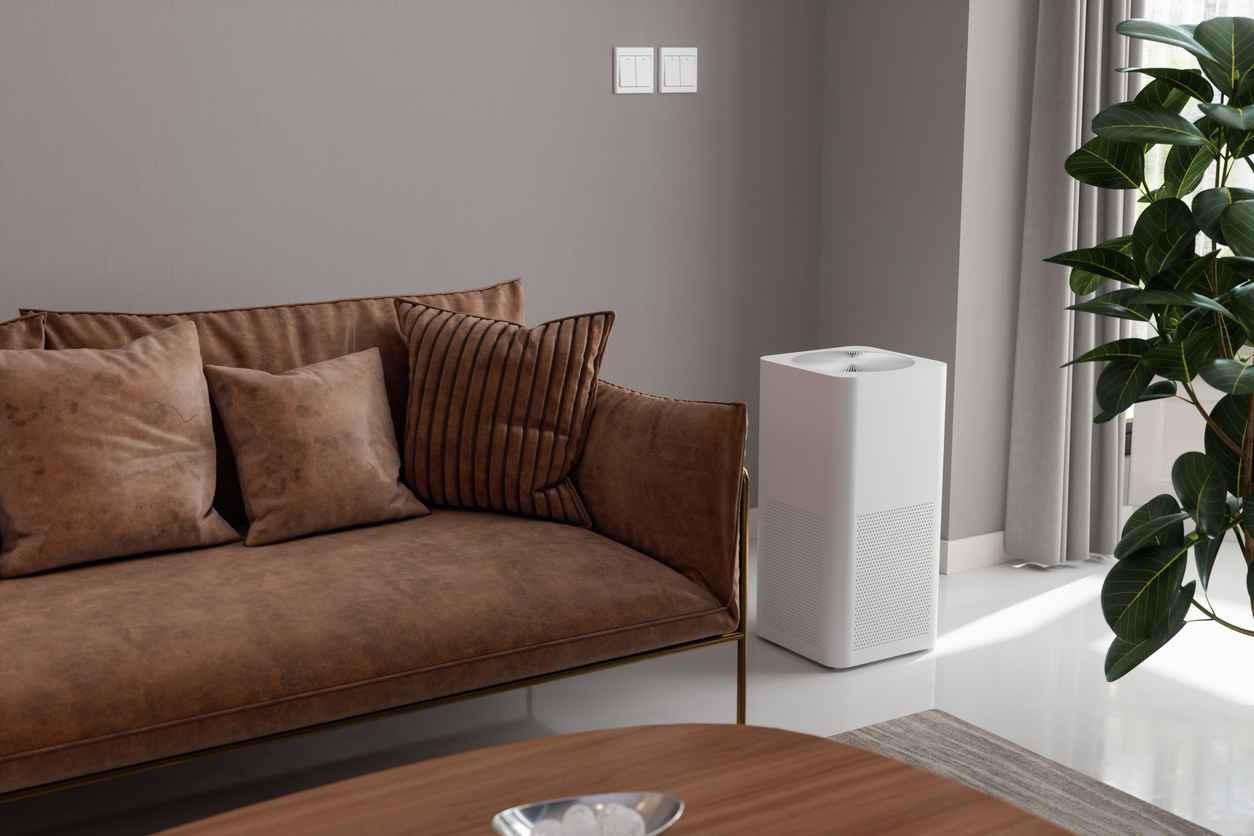
Top 10 Indoor Air Quality Myths & How to Test Your Home in RVA

What Causes Low Water Pressure in Your Home?
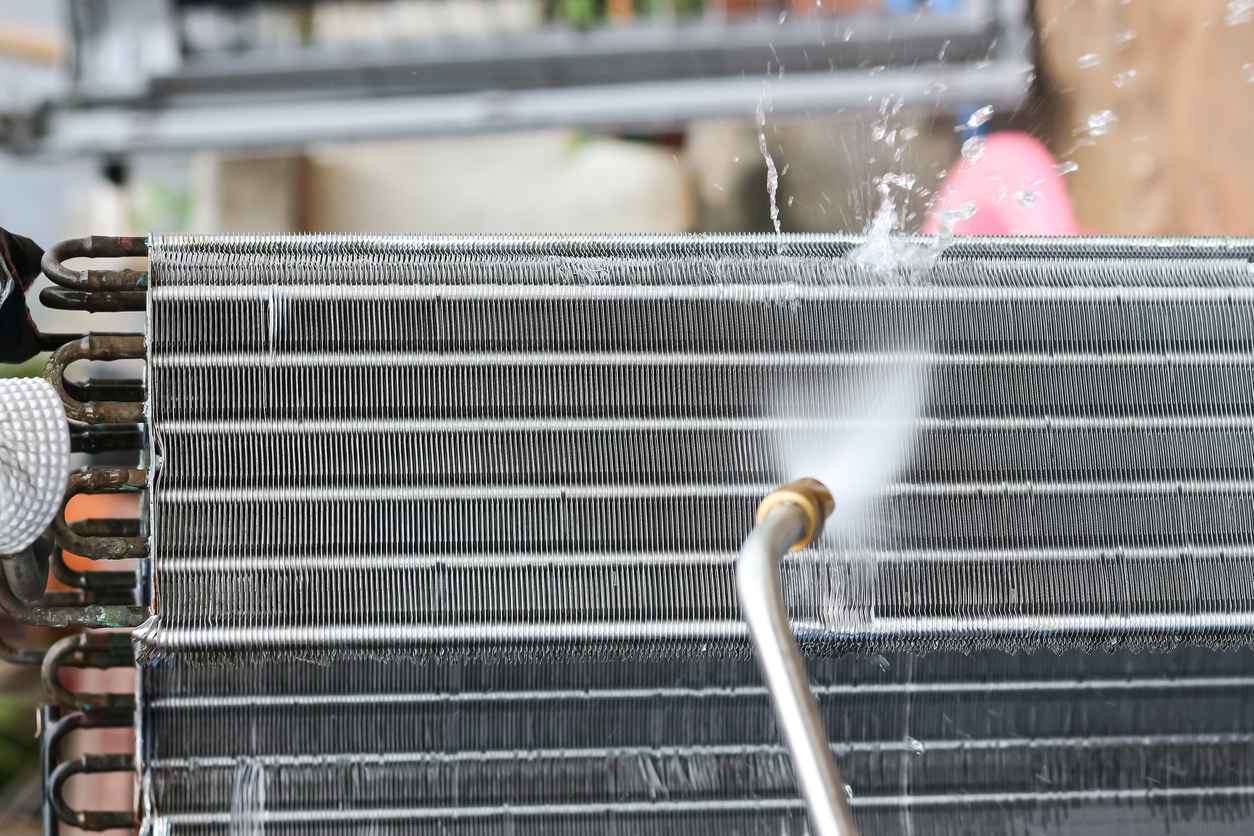
How to Clean AC Coils
